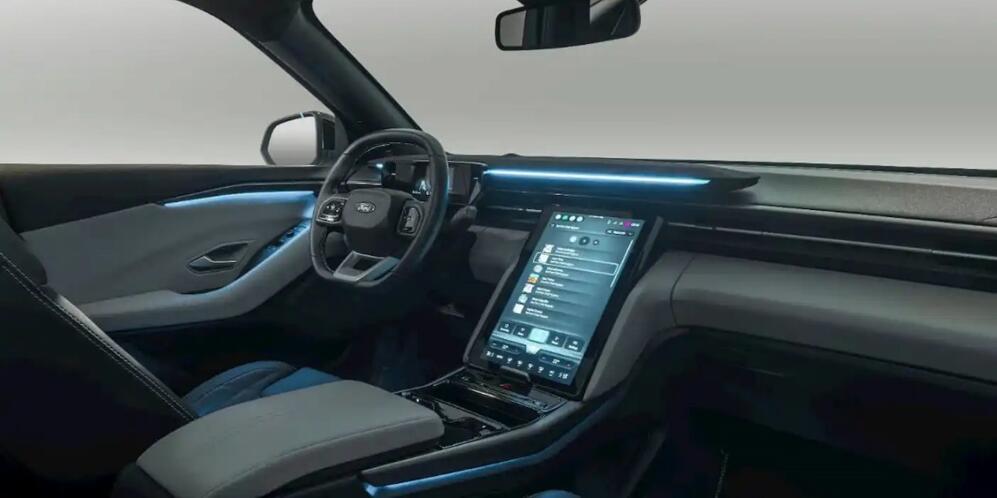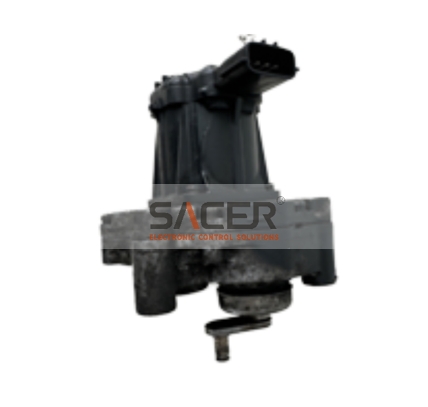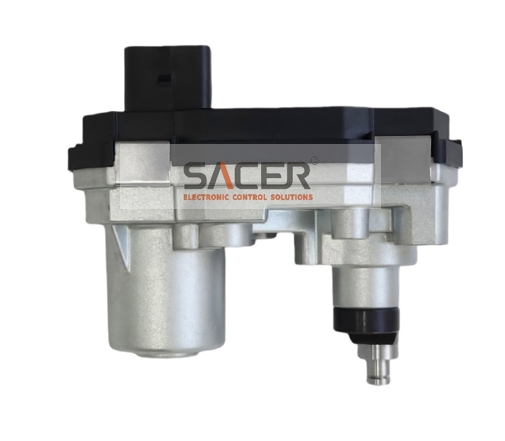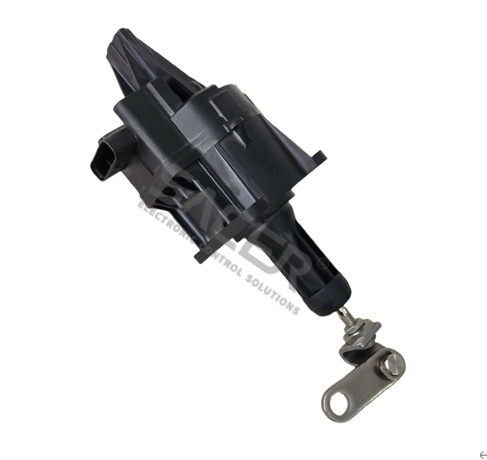Ford Motor announced the opening of Europe's first electric vehicle factory in Cologne, Germany, marking a major expansion in the field of new energy vehicles. This reflects the rapid growth and potential of new energy vehicles in the European market, benefiting from government support and consumer demand for clean, environmentally friendly modes of transportation.(picture 1&2 are the Ford's fourth EV globally, the Explorer)

The demand for new energy vehicles in Europe is growing rapidly. According to IEA data, sales will reach 2 million in 2021, almost double that of 2019. European countries are actively promoting the development of new energy vehicles, setting targets to reduce the sales of traditional fuel vehicles, providing subsidies and incentive programs, and strengthening the construction of charging infrastructure. This trend is expected to continue in the coming years.
Electric vehicles are the most popular choice for new energy vehicles in the European market, as their advantages of zero emissions, low noise and high energy efficiency meet consumers' demands for environmentally friendly and sustainable transportation. Well-known automakers such as Tesla, Nissan and Volkswagen lead sales in the European market, while local manufacturers are also launching competitive electric vehicle models. However, issues such as high costs, charging infrastructure construction and maintenance costs, mileage limitations, and charging interface standardization still exist, affecting consumers' willingness to purchase. But with technological progress and innovation, these problems are gradually being solved.

The new energy vehicle market is full of potential and opportunities. As technology advances and costs fall, consumers' willingness to purchase electric vehicles increases. The rise of related industrial chains, such as battery manufacturing, charging infrastructure construction and renewable energy development, has brought employment and economic growth to Europe. It is an important strategic decision for Ford to build a factory in Germany. Germany has advanced manufacturing technology and rich experience. The Cologne factory can better meet the needs of the European market and improve production efficiency and product quality.
The global auto industry is facing changes, and more and more manufacturers are turning their attention to new energy vehicles and increasing investment. The European new energy vehicle market is growing rapidly, driven by government support and consumer demand. Electric vehicles have become the first choice of consumers, and Ford has shown its emphasis on the European market by opening its first electric vehicle factory in Germany. With technological progress and cost reduction, the new energy vehicle market has a bright future, contributing to sustainable transportation and environmental protection.





